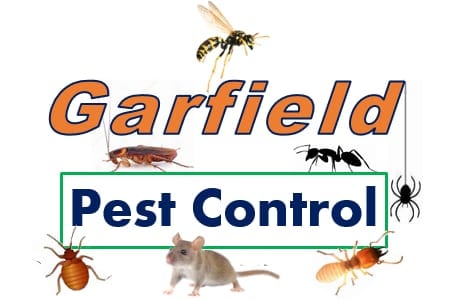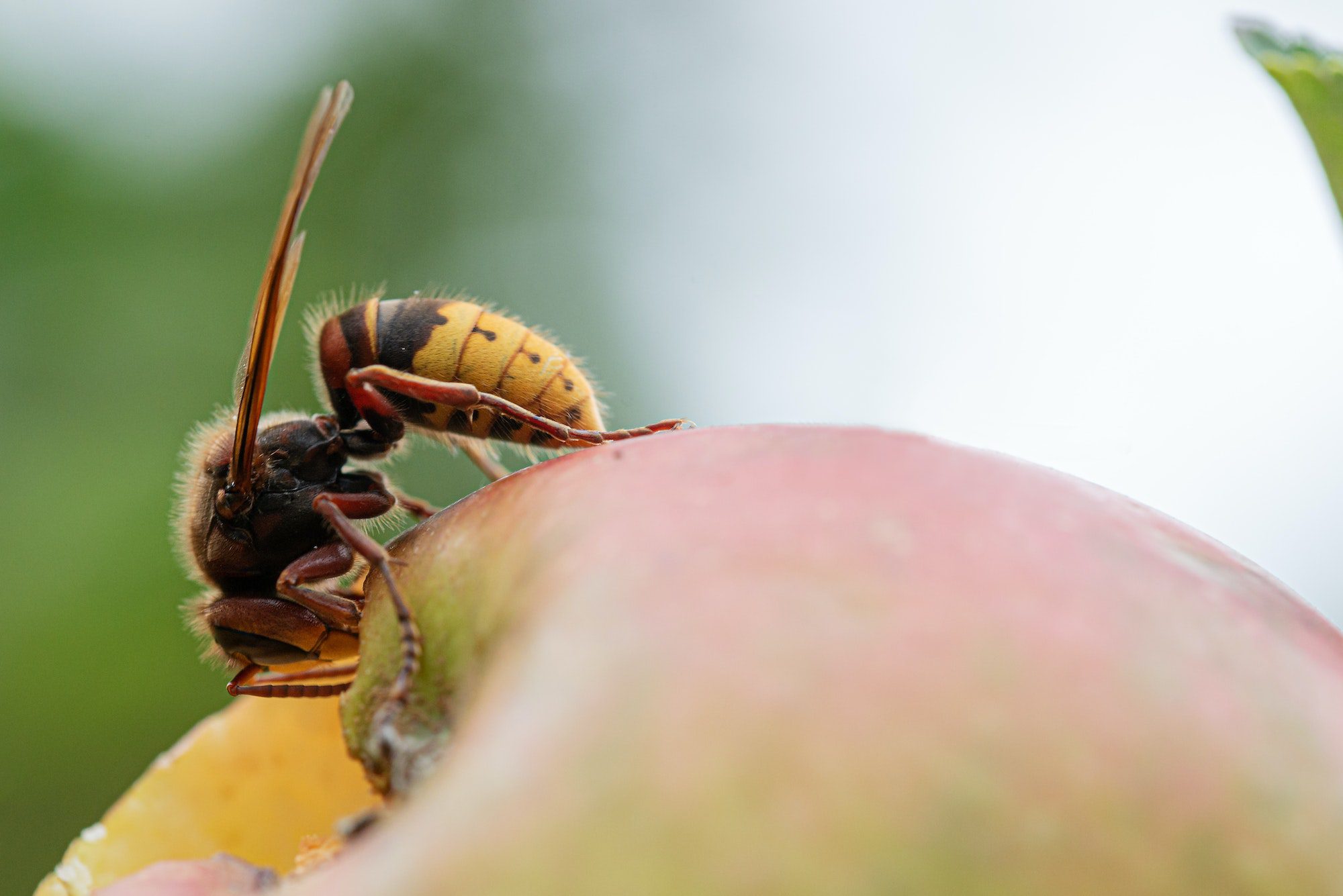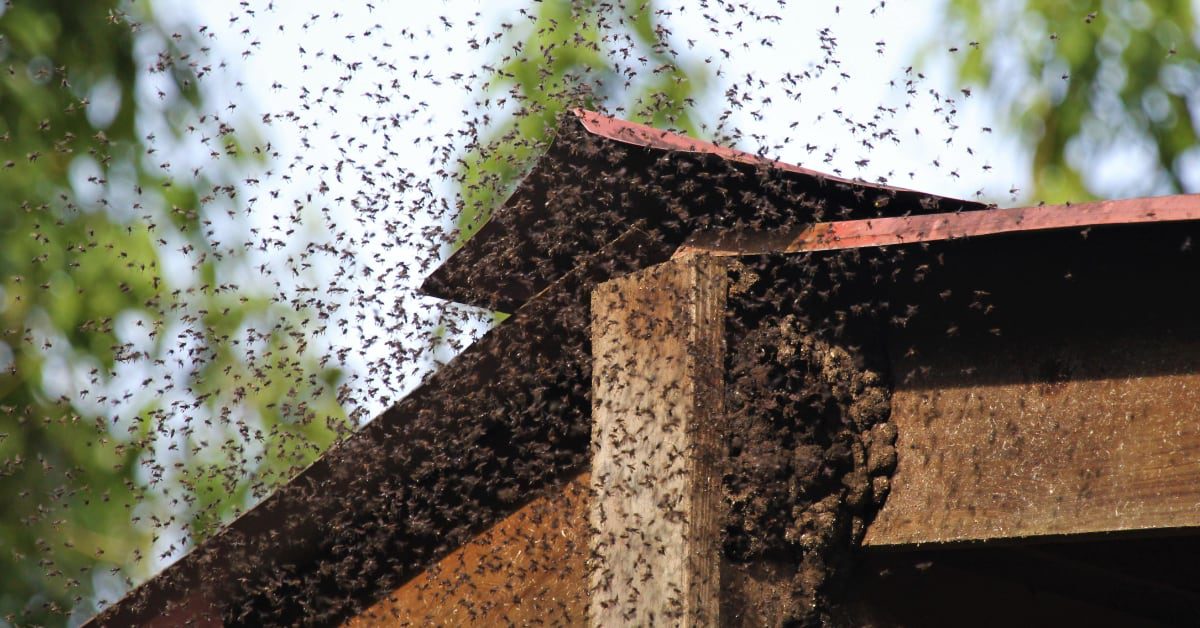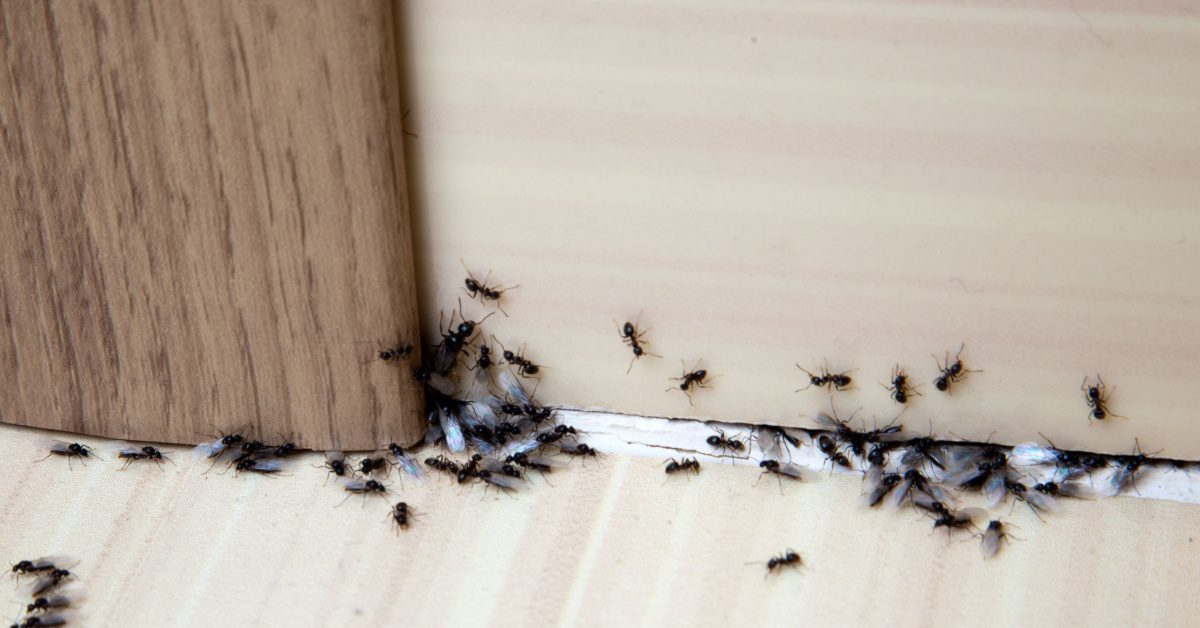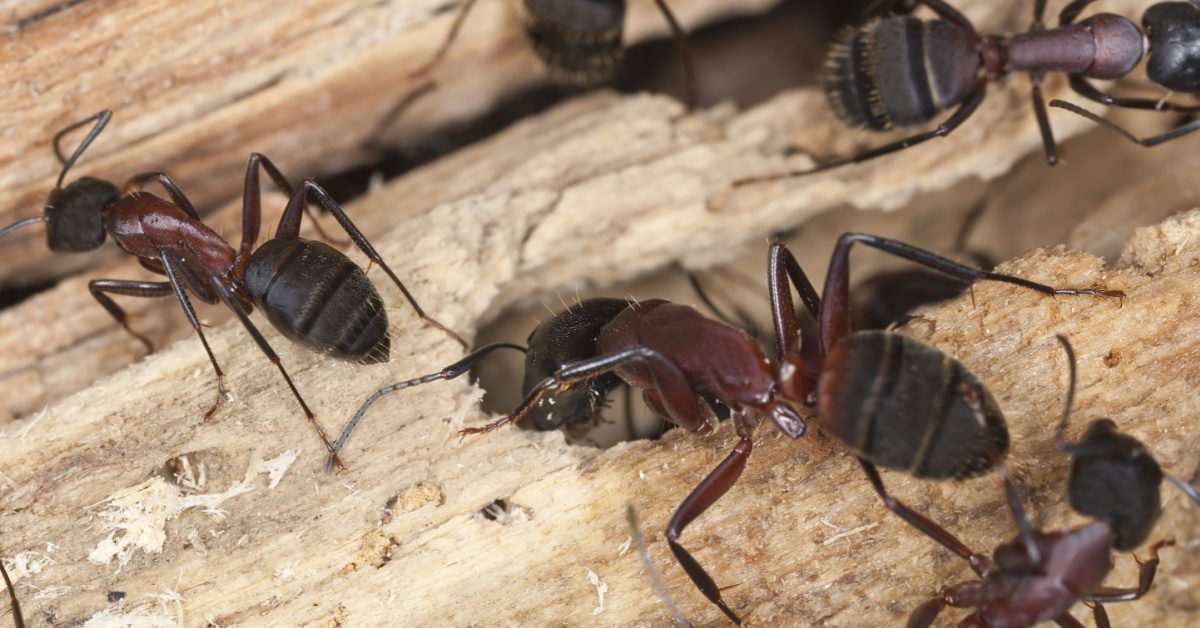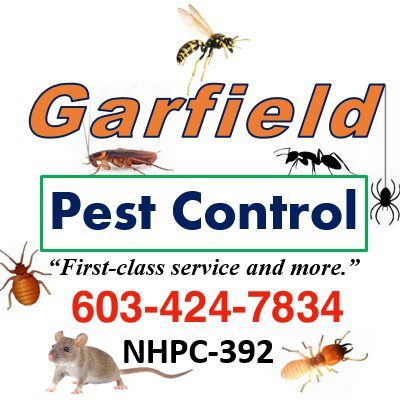Yes, it is that time of the year when hornets are out and about in full force, and as they are social wasps, they are known for their painful hornets stings, which can cause concern for individuals who may encounter them.
While hornets typically do not sting unless provoked, accidental encounters can happen. Being prepared with knowledge about hornet sting treatment, prevention, and first aid is essential for managing potential risks and discomfort associated with their stings.
Understanding Hornet Stings
Identification of Hornets
Hornets are giant wasps with distinct markings and color patterns. They are more robust than other wasp species and often have yellow and black stripes on their bodies.
Severity of Hornet Stings
Hornet stings are typically more painful than bee stings due to the larger size of their stingers. In some cases, individuals may experience an allergic reaction to hornet venom, which can lead to more severe symptoms.
Treatment for Hornet Stings
Clean the Sting Site
If stung, the first step is to clean the affected area with soap and water to reduce the risk of infection.
Remove the Stinger
Unlike bees, hornets do not leave their stingers behind after stinging, so there’s no need to worry about stinger removal.
Reduce Swelling and Pain
Applying a cold compress or ice pack to the sting site can help alleviate swelling and pain. Over-the-counter pain relievers can also be used, following the recommended dosage.
Topical Remedies
Natural remedies like aloe vera gel, tea tree oil, or witch hazel can be applied to the sting site to relieve discomfort and reduce inflammation.
Antihistamines
If an individual experiences itching or swelling beyond the immediate area of the sting, over-the-counter antihistamines can provide relief.
Seek Medical Attention
Call emergency services immediately if someone shows signs of a severe allergic reaction (anaphylaxis), such as difficulty breathing, dizziness, or hives. Anaphylaxis is a medical emergency and requires immediate attention.
Prevention of Hornet Stings
Stay Calm
If a hornet approaches or lands on you, remain calm and avoid sudden movements. Swatting at a hornet can provoke it to sting in self-defense.
Avoid Strong Scents
Hornets are attracted to strong scents, so avoid using heavily scented lotions, perfumes, or hair products when spending time outdoors.
Wear Protective Clothing
Wear long sleeves, long pants, and closed-toe shoes when engaging in activities that may attract hornets, such as gardening or hiking. Light-colored clothing is less attractive to hornets.
Be Mindful of Food and Beverages
Keep food and beverages covered outdoors to reduce the chance of attracting hornets.
Inspect Outdoor Areas
Regularly inspect outdoor spaces for hornet nests and hives. If a nest is spotted, contact a professional pest control service to remove it safely.
First Aid for Hornet Stings in Specific Situations
Hornet Sting on Sensitive Areas
See medical attention immediately if stung on sensitive areas such as the eyes, nose, or mouth.
Multiple Stings
If an individual sustains multiple hornet stings or if a hornet nest is disturbed, it’s essential to seek medical help promptly.
While hornet stings can be painful and potentially dangerous, understanding proper treatment, prevention, and first aid measures can significantly reduce the risks associated with these encounters. Staying informed and prepared can empower individuals to enjoy outdoor activities safely and respond effectively in case of a hornet sting. Remember, if severe allergic reactions occur, seek immediate medical attention to ensure the best possible outcome.
Get Help Removing Hornets on Your Property Today
If you have a hornet’s nest on your property, please do not attempt to get rid of the nest yourself, as you can be putting yourself, your family, pets and anyone else visiting at risk.
Contact Garfield Pest Control today. We have two office locations, one in Merrimack, NH and the other in Manchester, NH. Remember, those are only our office locations, as we service those areas and areas far beyond.
